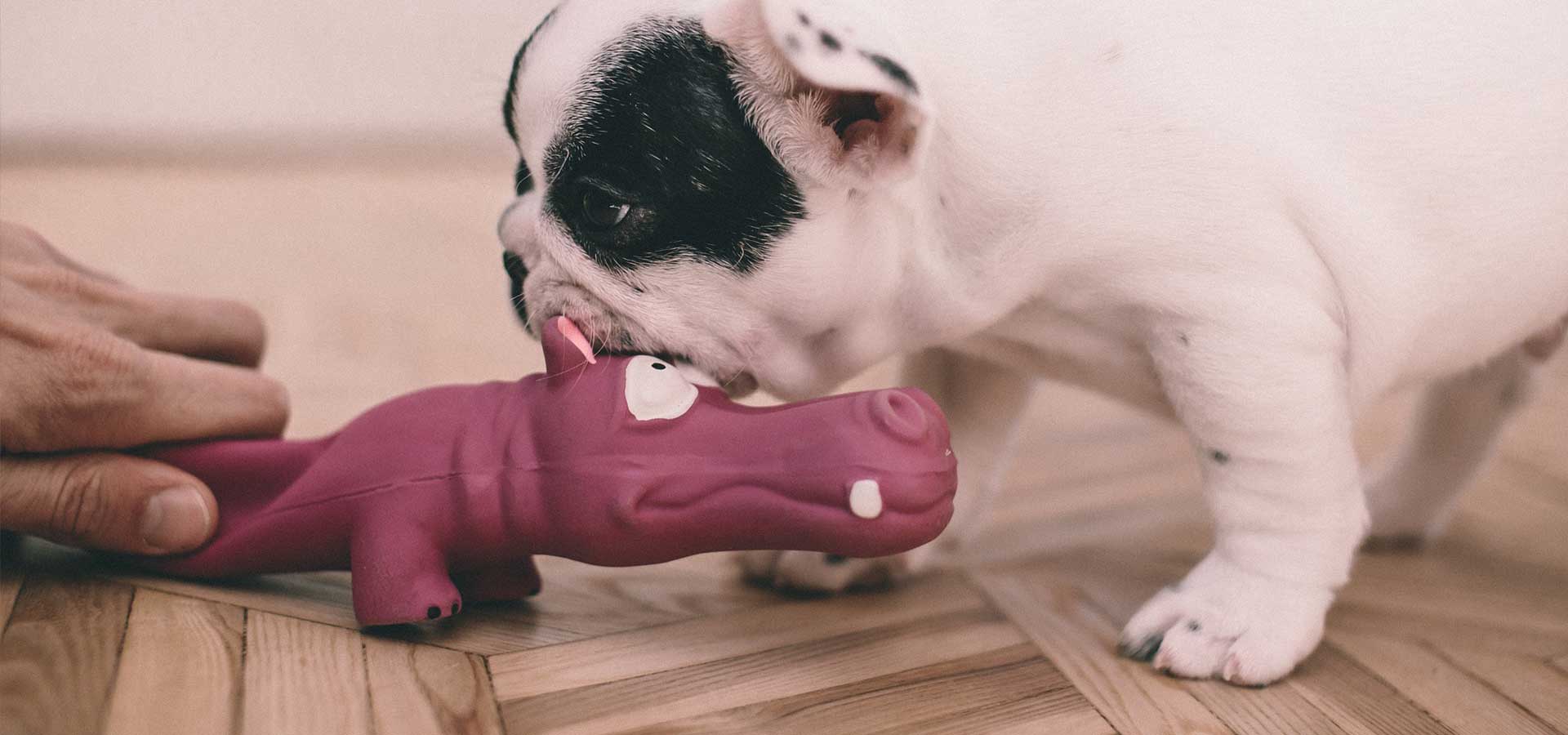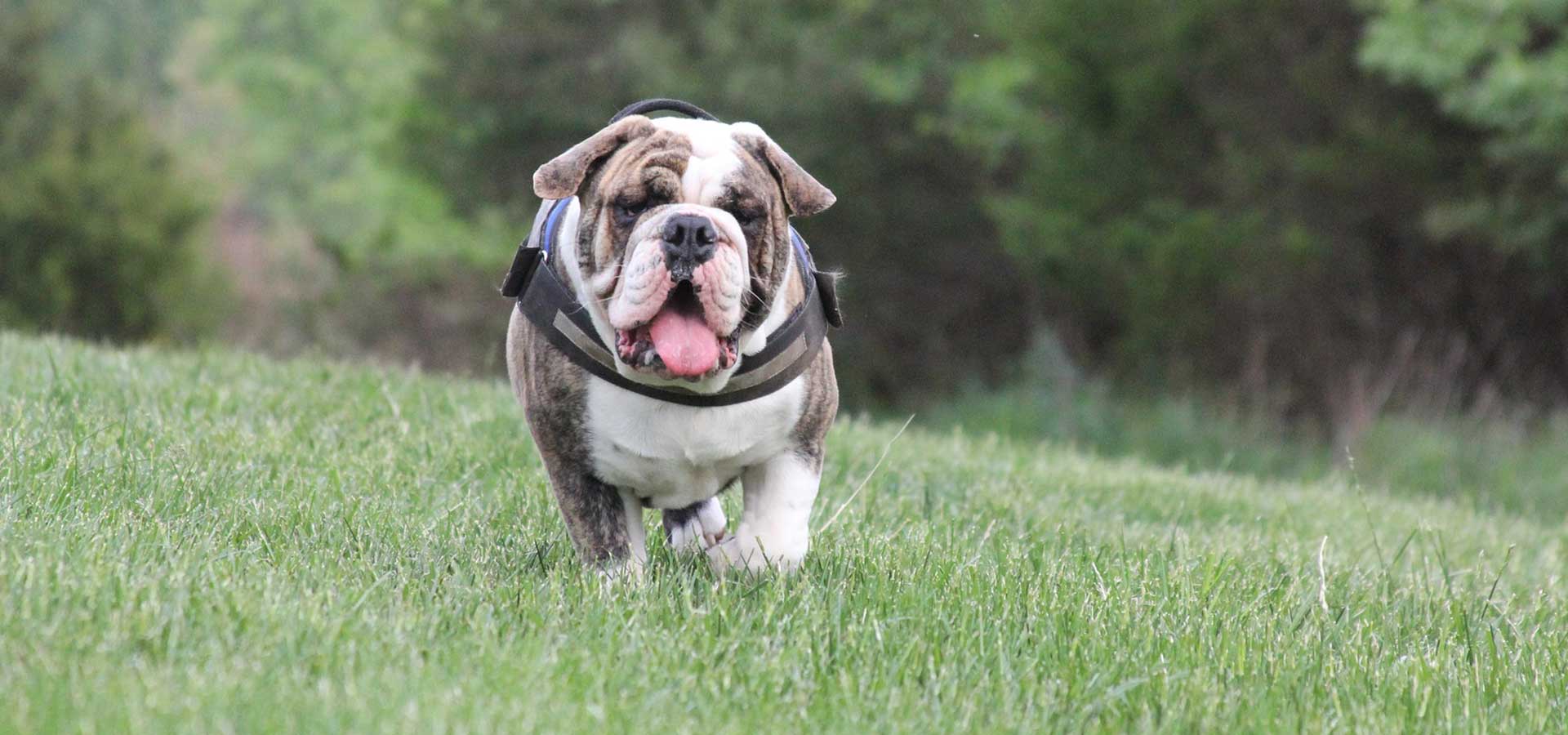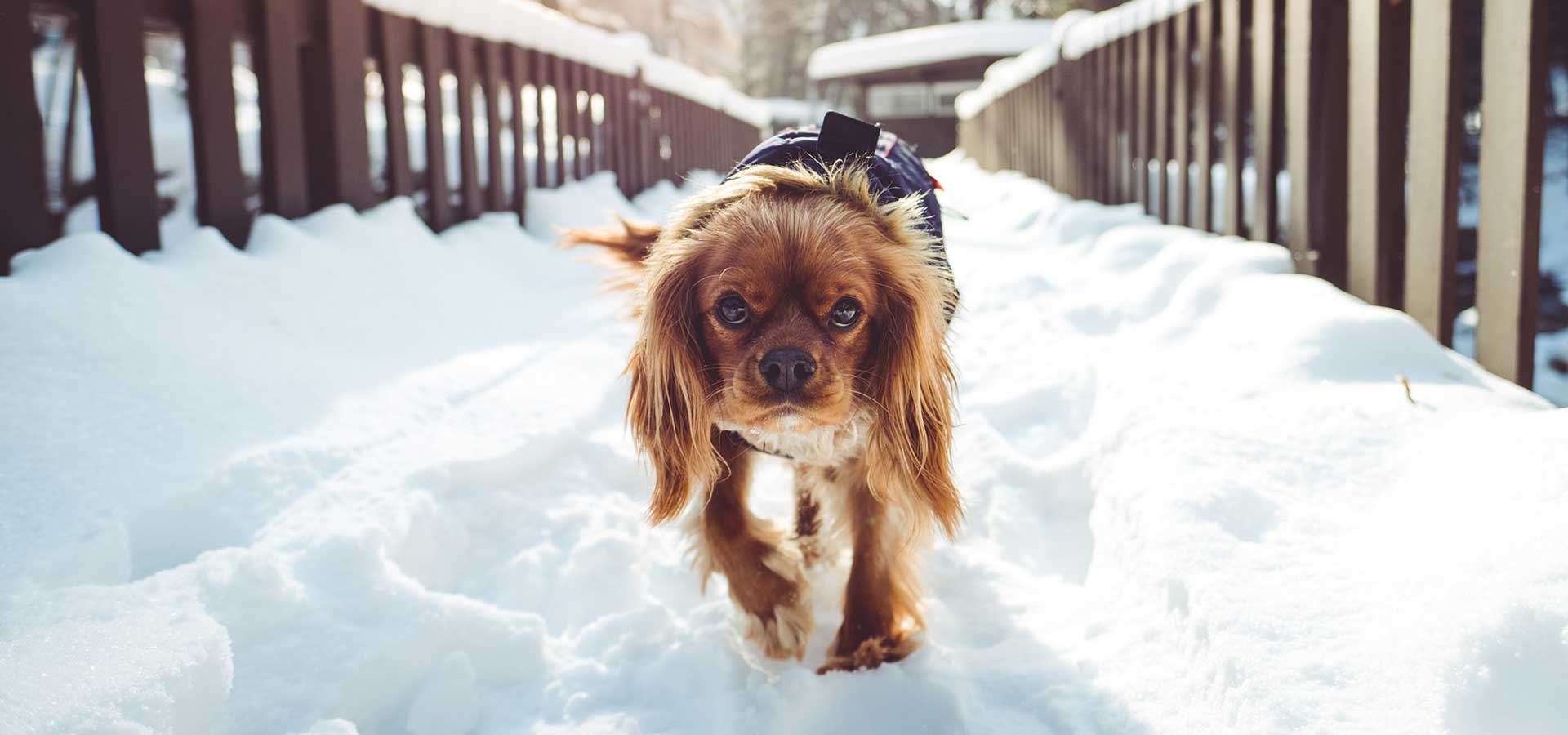Dogs are less prone to developing cavities as much as humans. People often think that a dog’s mouth is cleaner than the average humans, but this isn't always the case. Dogs also, develop plaque build-up tarter and gingivitis. When looking at your dogs mouth you shouldn't focus too much on their yellow teeth or typical dog breath. If your dog’s teeth are left untreated and become infected then this can lead to a life-threatening condition which includes the liver, heart and kidney disease.
It’s likely that your dog won’t take too kindly to you brushing their teeth and this can result in an unpleasant experience for you both. Its best to try for the first time after your dog has had plenty of exercise and their tired. You will need to be patient and gentle. If you're too rough or place too much of a tight grip on their mouth, they're very likely to resist and refuse to corporate. Just start with a few of their teeth and then gradually build this up every time you brush.
Vets recommend that you use a canine toothbrush and canine toothpaste. This can be bought from any veterinary practise or reputable canine supplier.
To help prevent issues with your dog’s mouth and teeth it’s a worthwhile investment to clean and brush them on a regular basis.
Below we have listed some top tips on how to brush your dog’s teeth.
Start brushing when they're a puppy
As with any tricks, learnt behaviours or commands; its best to teach them when they're young. Also, brushing their puppy teeth is a great head start to be keeping your dog’s mouth and teeth in great condition. Understanding this from being a puppy will help the owner in the long-run as when they grow into an adult dog they will be fully accustoming to getting their teeth brushed.
You can also introduce your older dog to getting their teeth brushed; this will require an extra level of patience and gentle approach.
Introduce dry food
If you've tried several times to brush your dog’s teeth and they're resisting each time, then you should probably look to change their diet and introduce them to dry food (that's if they're only eating soft food) Crunching on kibbles is much better for your dog’s teeth rather than soft food as soft food sticks to their teeth and causes tooth decay.
Choosing the right dog toothpaste
This is extremely important. You should never use human toothpaste for your dog. Majority of human’s toothpaste includes fluoride which is very dangerous and poisonous for your dog. You can find the right tooth paste at majority veterinary practises and reputable online canine suppliers.
Toys and bones to chew on
Providing your dog with a toy or bone to chew on will help reduce tartar and combat bad breath. You must ensure that they toy is a suitable toy and any bones given; for not have sharp edges and are safe for dogs to chew on. We do not recommend chicken bones as this splint and can cause your dog to choke.
If you are concerned that your dog is suffering with bad oral hygiene that we recommend that you go and see your local vet, so they can check that there is not too serious going on and maybe give your dog a professional teeth cleaning. Signs to watch out for are:
- Rubbing their face with their paws
- Excessive drooling
- Bad breath
- Swollen, red, bleeding gums
- Depression
- Any changes in their eating habits
- Discoloured, broken or yellow teeth
- Teeth falling out
You should aim to see the vets every 6-12 months for them to check their teeth and mouth area. It’s exactly the same for humans. Booking in regular dental appointments, will hopefully prevent your dog from developing any serious health concerns. Keeping on top of your dog’s teeth brushing will prevent you from encoring large bills from the vets if they must intervene and anaesthetise your dog to clean their teeth and mouth properly. Plenty of healthy chews, regular cleaning and healthy diet; will all contribute to keeping your dog’s mouth and teeth clean and your dog happy.




